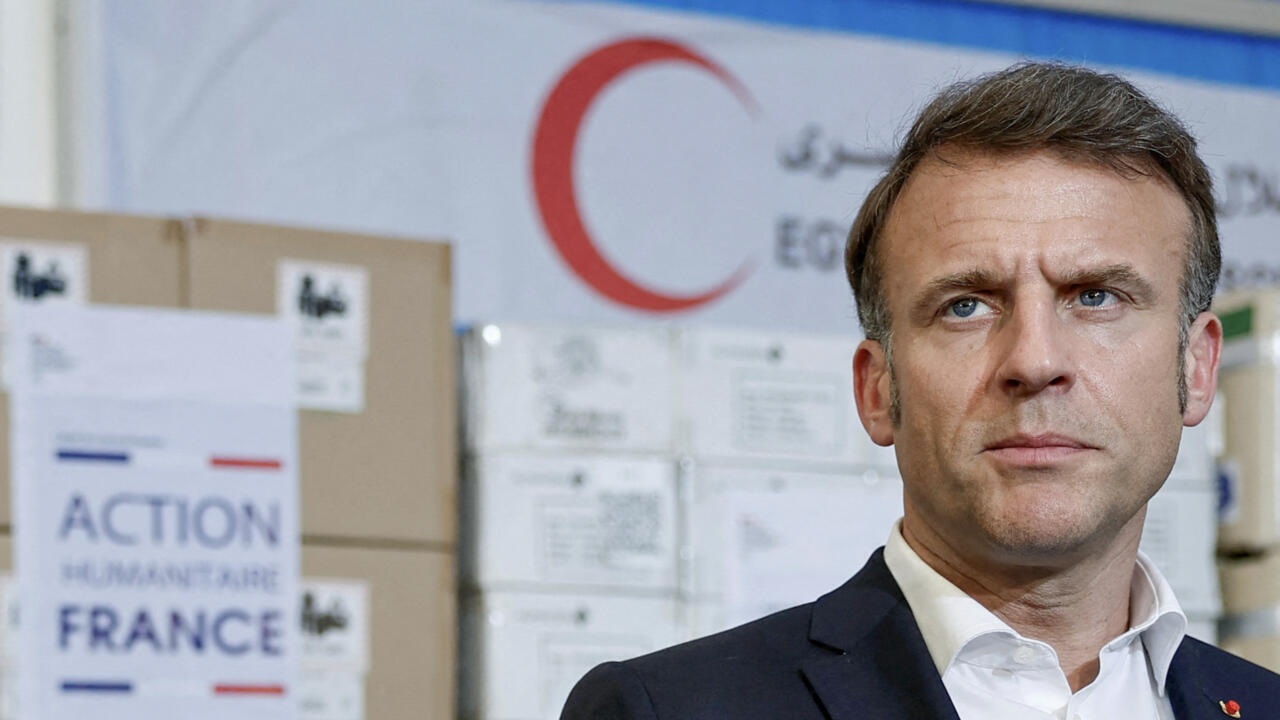France’s recent announcement to recognize Palestinian statehood at the forthcoming United Nations General Assembly in September 2025 has sparked vehement condemnation from both the United States and Israel.
French President Emmanuel Macron declared that France would formally recognize the State of Palestine.
He framed this move as consistent with France’s historic commitment to achieving a just and lasting peace in the Middle East and to address the urgent humanitarian crisis in Gaza.
Macron expressed hope that this step would catalyze a collective dynamic encouraging other nations.
This is particularly Arab states, to also recognize Palestinian statehood and move toward peace.
As the first major Western country to take this explicit step, France’s decision marks a significant shift in Western diplomatic posture.
Many smaller nations, including Ireland, Spain, and Norway, have recognized Palestine.
On the other hand, France’s recognition carries notable geopolitical weight owing to its status as a G7 member and regional power with large Jewish and Muslim communities.
Macron’s announcement explicitly dissociates support for Palestinian statehood from Hamas, reiterating support for Israel’s right to peace and security.
However, this diplomatic initiative has triggered sharp rebukes from powerful allies Israel and the United States, who view the timing and implications of France’s plan as highly problematic.
US Secretary of State Marco Rubio condemned the move as reckless and counterproductive to peace efforts.
He labelled it “a slap in the face to the victims of October 7th”, a reference to the Hamas attack on Israel in 2023 that precipitated the current conflict in Gaza.
Rubio stated that recognizing Palestine at this juncture would only serve Hamas propaganda and undermine ongoing attempts to defuse violence and negotiate peace.
Israel’s response has been equally forceful. Prime Minister Benjamin Netanyahu denounced France’s recognition as a “reward for terror” that threatens Israel’s very existence.
He warned that a Palestinian state under current conditions would become “a launch pad to annihilate Israel, not to live in peace beside it.”
He framed the move as enabling the rise of another Iranian proxy in the region, similar to Gaza under Hamas control.
Israeli Defense Minister Israel Katz and Deputy Prime Minister Yariv Levin also criticized the announcement, with Levin calling it “a black mark on French history.”
They also suggested that Israel should respond by expanding sovereignty over contested territories in the West Bank.
Israeli diplomats further argued that unilateral international recognition divorced from on-the-ground realities undermines prospects for peace.
They call Macron’s move “a disgraceful reward for terrorism” at a time when Hamas still holds hostages.
Netanyahu’s government perceives the recognition not as a step toward coexistence but as emboldening Palestinian factions that reject Israel’s right to exist alongside a Palestinian state.
Meanwhile, the Palestinian Authority and its representatives have welcomed France’s plan.
Senior Palestinian official Hussein al-Sheikh praised it as reflecting France’s commitment to international law and the Palestinian people’s right to self-determination and statehood.
Macron’s gesture is seen by Palestinians as an important diplomatic affirmation.
An affirmation which comes after decades of stalled negotiations and increasing international frustration over Israeli occupation and the humanitarian crisis in Gaza.
France’s decision comes amid escalating tensions and humanitarian concerns in Gaza, where the Israeli military’s operations have caused severe civilian hardship.
These reportedly include warnings of mass starvation labeled by the World Health Organization as “man-made.”
France has criticized Israeli blockades contributing to this crisis and expressed urgency in ending the conflict and providing relief to affected populations.
In summary, France’s move to formally recognize Palestinian statehood represents a bold diplomatic statement aimed at renewing efforts for peace and justice in the Middle East.
It reflects a shift from traditional Western hesitancy toward more assertive support for Palestinian sovereignty.
However, this initiative faces staunch opposition from the US and Israel, who argue it rewards terrorism, exacerbates regional instability, and undermines direct peace negotiations.
The situation remains deeply polarized, with the timing of such recognition amid ongoing conflict heightening tensions further.
This diplomatic rupture underscores the profound complexities in resolving the Israeli-Palestinian conflict.
It is one conflict where international gestures carry significant symbolic and strategic weight yet struggle to bridge entrenched divisions on the ground.







